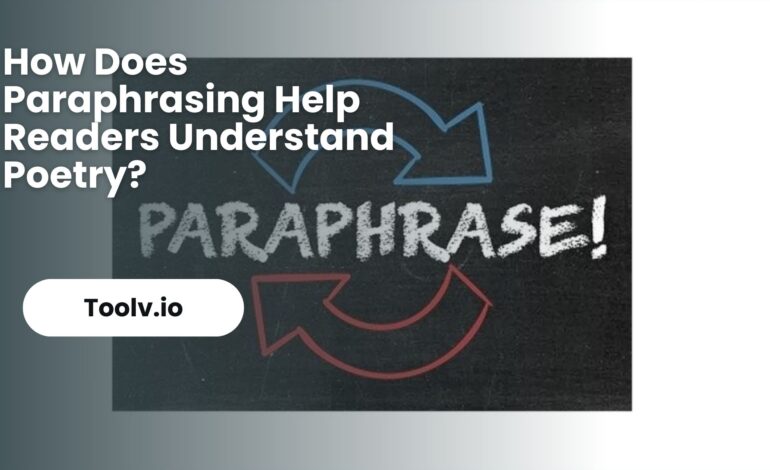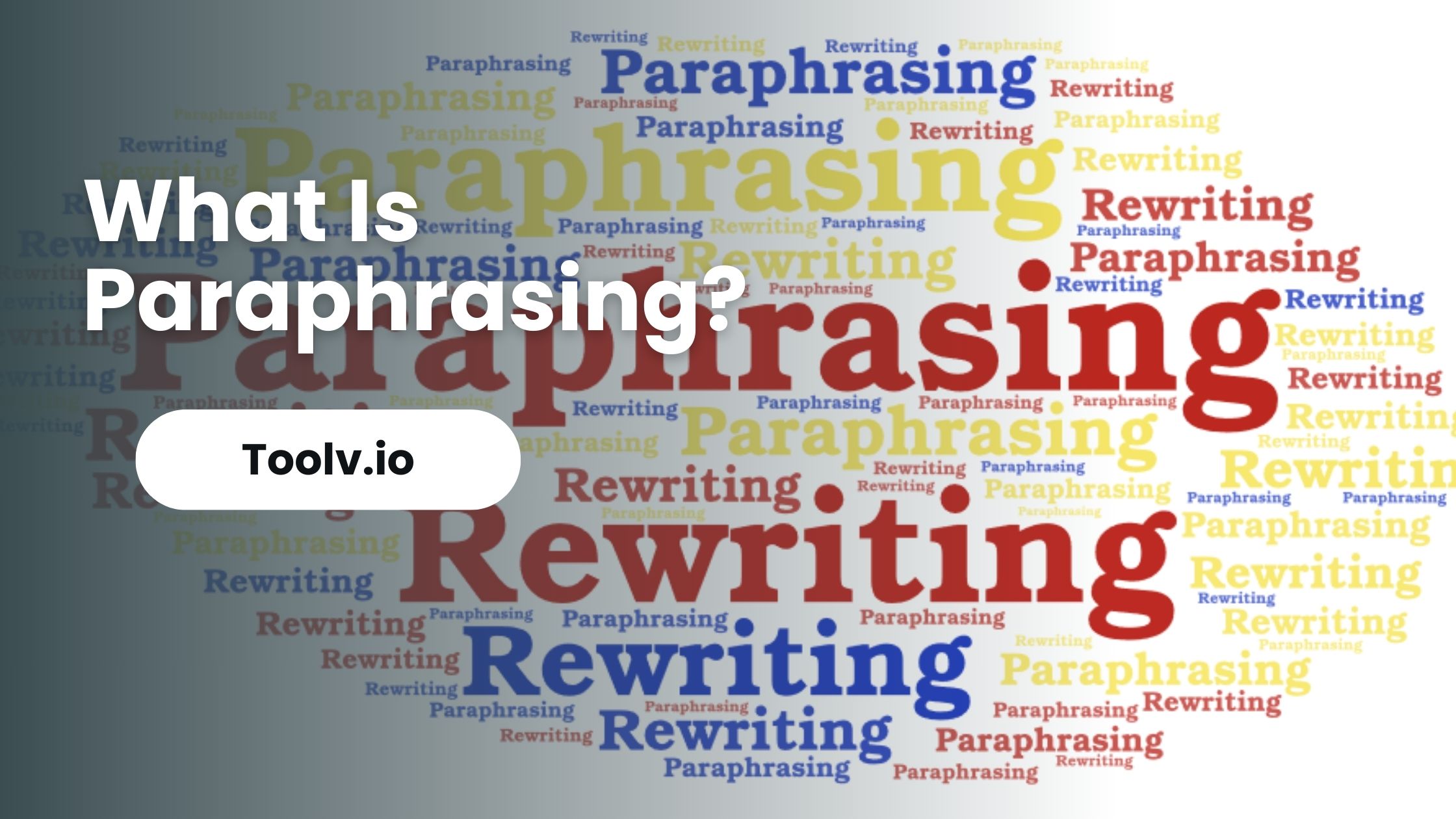How Does Paraphrasing Help Readers Understand Poetry?

Paraphrasing is a tool used to restate poems in simpler words. This helps make the poem’s meaning clearer, especially if the original text is complex or has old language.
In this article, we will discuss how paraphrasing breaks down complicated poetry into simpler forms. We’ll explore how it aids in understanding the deeper meanings and feelings behind a poet’s words, making poetry more accessible and enjoyable for everyone.
Why is it important to paraphrase the poem?
Paraphrasing a poem helps us understand it better. It’s like rewording the poem in our own simple language. This makes the deep or complex ideas in the poem clear and easier to enjoy and discuss.
When we paraphrase, we also get to appreciate the poem’s beauty in a new way. We can see how the poet plays with words and expresses feelings. It’s a bit like translating a song into a new version that still keeps the original tune and emotion.
Doing this is important for students and anyone who loves poetry. It builds our skills in language and lets us dive deeper into the art of poetry. This way, poems become more than just words, they become stories and emotions we can all relate to and learn from.
How does paraphrasing a poem make it easier to understand?
Paraphrasing a poem means rewriting it in simpler words. This helps to make the poem’s message clearer. When we paraphrase, we focus on the main ideas and feelings in the poem.
We use everyday language that’s easy to understand. This makes the poem’s meaning more accessible, especially if the original language is complex or old-fashioned.
Turning a poem into simpler language also lets us explore its themes in a new way. It’s like translating the poem’s emotions and ideas into words that are more familiar to us.
By doing this, we can connect more deeply with the poem. It becomes something we can relate to and understand better.
How paraphrasing and Summarising can help readers to better understand and appreciate a poem?
Paraphrasing
Paraphrasing and summarizing are powerful tools for understanding and appreciating poetry. When you paraphrase a poem, you restate it in your own words, which can clarify complex language or imagery.
This process makes the poem’s ideas more accessible, especially if the original text uses archaic language or dense metaphors. It’s like unwrapping a layered gift, revealing the core message in simpler terms.
Summarizing
Summarizing, on the other hand, involves condensing the poem to its essential points or themes. This helps in grasping the overall message or emotional essence of the poem without getting lost in the details. It’s like viewing a map of a journey, providing a clear overview of the terrain the poem covers.
Together, paraphrasing and summarizing allow readers to digest and internalize the poem’s content more easily.
This deeper understanding can lead to greater appreciation, as readers are better equipped to recognize the nuances, emotions, and artistry in the poet’s work.
By simplifying and focusing on the key elements, these techniques make poetry more approachable and enjoyable.
Does paraphrasing help with understanding?
Paraphrasing can indeed aid in understanding. It involves rewording information in your own style while keeping the original meaning. This process requires you to think deeply about what you’ve read or heard, leading to better comprehension.
When you put ideas into your own words, it confirms if you’ve truly grasped the concept. Moreover, paraphrasing is a tool for simplifying complex ideas. By rephrasing something in simpler terms, you make it more accessible to a wider audience.
It’s especially helpful in teaching or explaining things to others. When they hear an idea in plain language, it becomes easier for them to understand and remember.

FAQs
What is paraphrasing and how does it apply to poetry?
Paraphrasing in poetry involves rewording the lines or stanzas in simpler, more straightforward language while retaining the original meaning. This process helps readers break down complex poetic structures, unfamiliar language, or dense imagery, making the poem more accessible and easier to understand.
Can paraphrasing affect the emotional impact of a poem?
Yes, paraphrasing can sometimes alter the emotional impact of a poem. While it simplifies the language, it may strip away some of the nuances, rhythm, and lyrical qualities that contribute to the poem’s emotional depth.
Does paraphrasing poetry help in analyzing its themes and symbols?
Absolutely. Paraphrasing can uncover the layers of meaning in a poem, making themes and symbols more apparent. By translating the poem into simpler language, readers can more easily identify and understand the recurring motifs.
Conclusion
Paraphrasing a poem helps grasp its essence and conveys its message more clearly. It simplifies complex language, making the poem accessible to a wider audience.
Toolv.io‘s paraphrasing tool offers a user-friendly way to achieve this. By rewording poems without losing their original intent, it opens up the beauty of poetry to everyone, encouraging appreciation and understanding.
For more information about how to convert text to speech, click our how to convert text to speech post. For free text to speech tools click on our free text to speech tool post.





